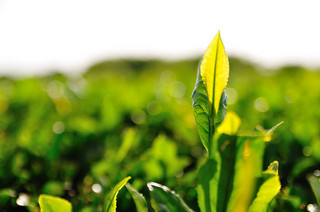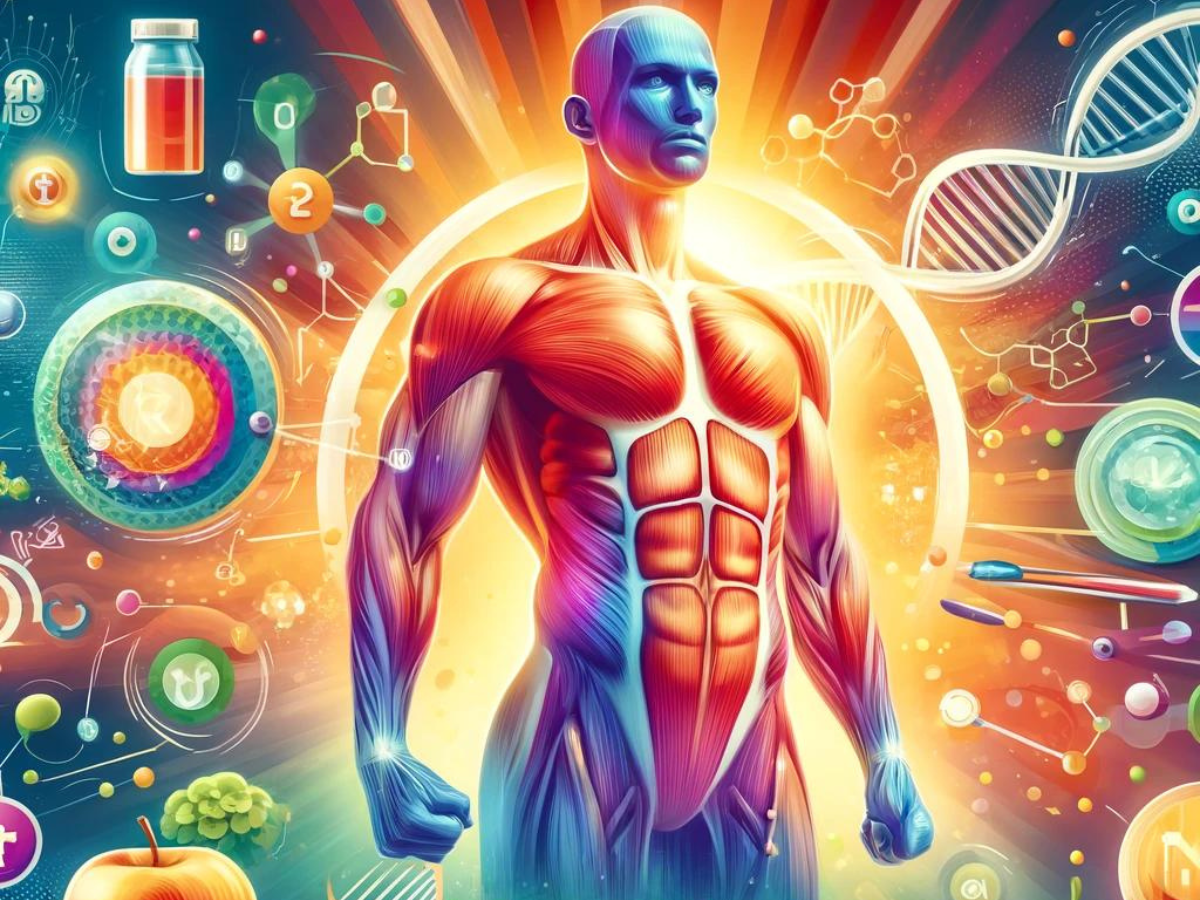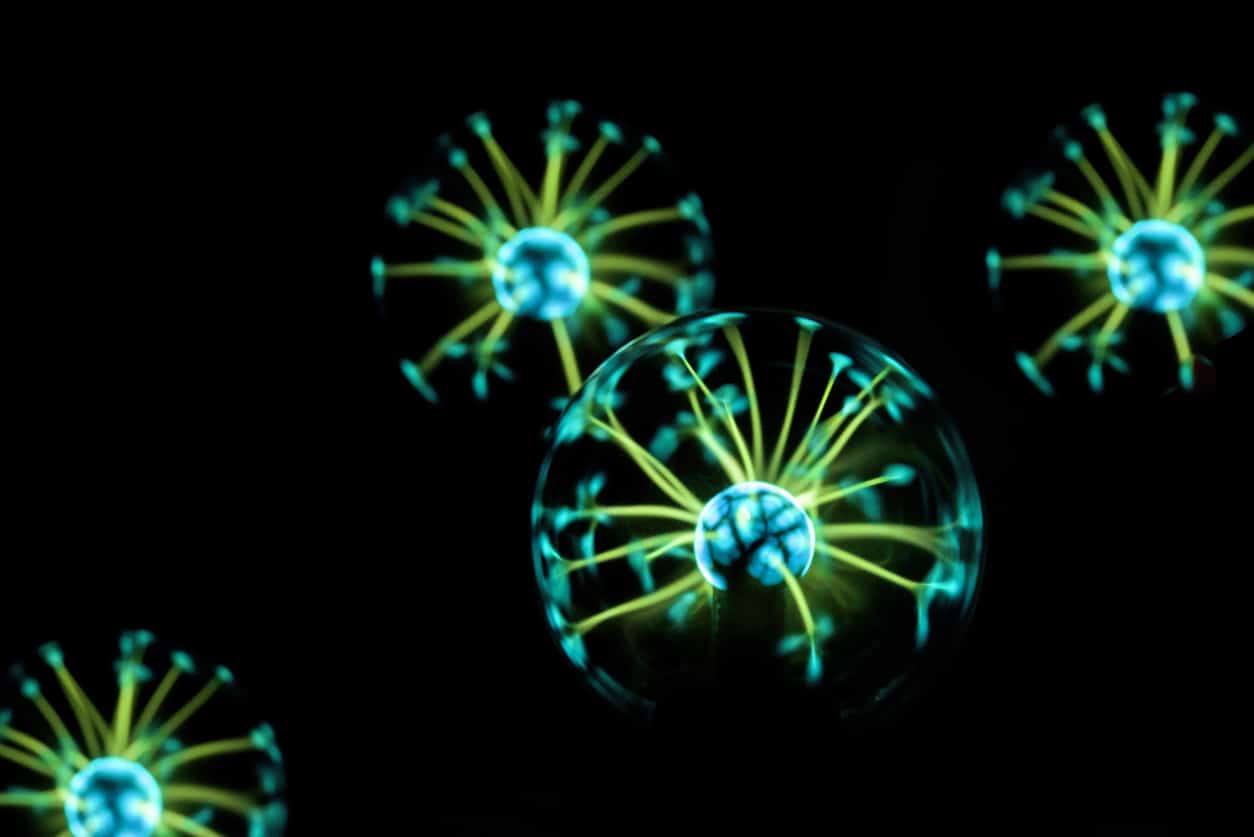
Coffee can do wonders for your brain and body, but it doesn’t have a monopoly on improving mental performance. It’s time to add another tool to your box of brain hacks – green tea. While coffee is king when it comes to boosting your brain function, green tea is like a noble prince, or the queen, whichever you prefer. They have different and only somewhat overlapping benefits, so the best option for top performance (and health) is to combine them.
Tea Chemistry
Green tea can do some things that even the best coffee can’t. It contains l-theanine, a relaxing amino acid that smooth’s out the stimulating effects of caffeine. In fact, I take 300mg of theanine at night to relax and improve my sleep.
Coffee and tea both contain different ratios of xanthines: caffeine, theobromine, and theophylline. Tea is pretty low in theobromine (softer than caffeine) and theophylline (stronger than caffeine). Theobromine is a cardiac stimulant which makes your heart race, but has more of a sedative effect on the mind; theophylline has most of its impact on your periphery (arms and legs) and is quite toxic at high doses. Tea tends to deliver a lower, but more sustained burst in brainpower, while coffee is better at providing small jolts of energy.
Tea and coffee also have different antioxidants. Coffee is the number one source of antioxidants for Americans, but that’s largely because it’s also the most common healthy beverage. Green and white teas actually have more antioxidants than coffee, but some different kinds. For the most cancer-fighting benefit, you should drink both, as long as they’re both low in toxins.
The Dark Side of Tea
There are some major benefits from tea and coffee, but there are some instances where they can both be bad for you. Most people have no idea that one cup of green tea during pregnancy can contribute to neural tube defects by dramatically increasing the body’s need for folate, which is required for neural tube development in babies. The rest of us need folate too. If you’re a tea addict, take extra folate (or eat more pastured egg yolks).
Some green teas have much more caffeine than others, depending on where they were grown, what variety, when the leaves were harvested, and how the tea was processed. You could try hundreds of different green teas – I have!
At a private tea ceremony in Beijing, a Chinese woman in traditional dress taught me that older tea leaves have more caffeine than younger, but fancier, higher grade tea like Japanese sencha, matcha, and gyokuru, and yellow and white teas are from less mature leaves that have less caffeine. Then she sold me some really overpriced green tea.
Black tea is associated with a 69% reduction in stroke and coronary disease, according to a Dutch study, so it may be better than no tea, but choose green over black when possible. Black tea is fully fermented and cured and toxins can be introduced during that process. If fact, a recent test of black tea in Portugal revealed that 88% of samples had a cancer-causing mycotoxin called fumonisin. Go green!
The Good Stuff
There are other reasons besides theanine to drink green tea, including EGCG, a compound that reduces body fat accumulation. It slows the way fat cells respond to insulin, inhibits an enzyme required to form triglycerides, and limits fat synthesis in the liver. In short, it helps to keep you from getting fat.
That’s why I started taking green tea extract about ten years ago. Those are among the reasons Tim Ferriss is enough of a fan to put it in his well-known (but questionable) PAGG stack. Another blog post is coming about that one…
So while I’m a big fan of green tea – I’m drinking some sencha now – when I really want to power through the day and be in a flow state, I reach for Bulletproof Coffee… and I follow it with a green tea chaser.
One artificial intelligence researcher out of Stanford told me, “Bulletproof coffee made with MCT feels as strong as Provigil.” Provigil is modafinil, a prescription mind performance drug. No one’s ever said that about tea!










